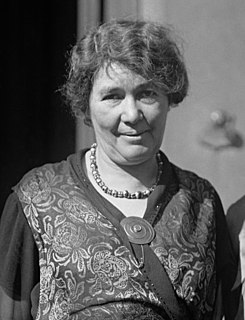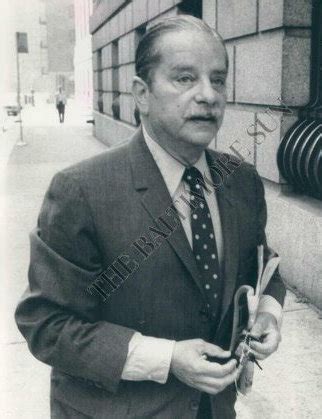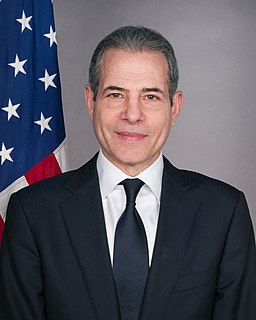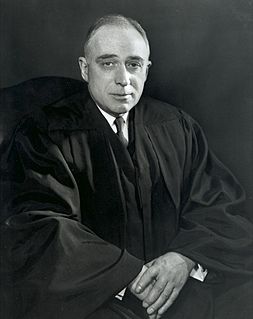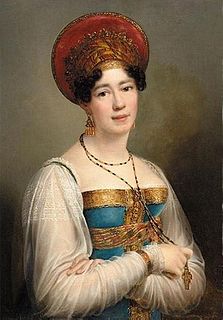A Quote by Thomas Jefferson
The only security of all is in a free press. The force of public opinion cannot be resisted when permitted freely to be expressed. The agitation it produces must be submitted to. It is necessary, to keep he waters pure.
Related Quotes
This formidable censor of the public functionaries [the press], by arraigning them at the tribunal of public opinion, produces reform peaceably, which must otherwise be done by revolution. It is also the best instrument for enlightening the mind of man and improving him as a rational, moral, and social being.
The security of the Nation is not at the ramparts alone, Security also lies in the value of our free institutions. A cantankerous press, an obstinate press, a ubiquitous press must be suffered by those in authority in order to preserve the even greater values of freedom of expression and the right of the people to know.
The libertarian approach is a very symmetrical one: the non-aggression principle does not rule out force, but only the initiation of force. In other words, you are permitted to use force only in response to some else's use of force. If they do not use force you may not use force yourself. There is a symmetry here: force for force, but no force if no force was used.
Without general elections, without unrestricted freedom of press and assembly, without a free struggle of opinion, life dies out in every public institution, becomes a mere semblance of life, in which only the bureaucracy remains as the active element. Public life gradually falls asleep, a few dozen party leaders of inexhaustible energy and boundless experience direct and rule. Such conditions must inevitably cause a brutalization of public life: attempted assassinations, shootings of hostages, etc.
There are by now declassified documents from the 1950s that tells you a lot about what's going on in Egypt and we should have known it then. It's about exactly what's happening, how we can disregard public opinion as long as the dictators we support are capable of suppressing their populations. So to hell with public opinion. That's all right there in the 1950's. That's not security. That's not security of the government. That's, if anything, security from its own population. And there's a lot of that.
As a conservative who believes in limited government, I believe the only check on government power in real time is a free and independent press. A free press ensures the flow of information to the public, and let me say, during a time when the role of government in our lives and in our enterprises seems to grow every day--both at home and abroad - ensuring the vitality of a free and independent press is more important than ever.
The government's assertion that it must be unhindered in protecting our security can camouflage the desire to increase Executive power, while the press's cry of the public's right to know can mask a quest for competitive advantage or a hidden animus. Neither the need to protect our security nor the public's right to know is a blank check.
The dissemination of the individual's opinions on matters of public interest is for us, in the historic words of the Declaration of Independence, an 'unalienable right' that 'governments are instituted among men to secure.' History shows us that the Founders were not always convinced that unlimited discussion of public issues would be 'for the benefit of all of us' but that they firmly adhered to the proposition that the 'true liberty of the press' permitted 'every man to publish his opinion'.

